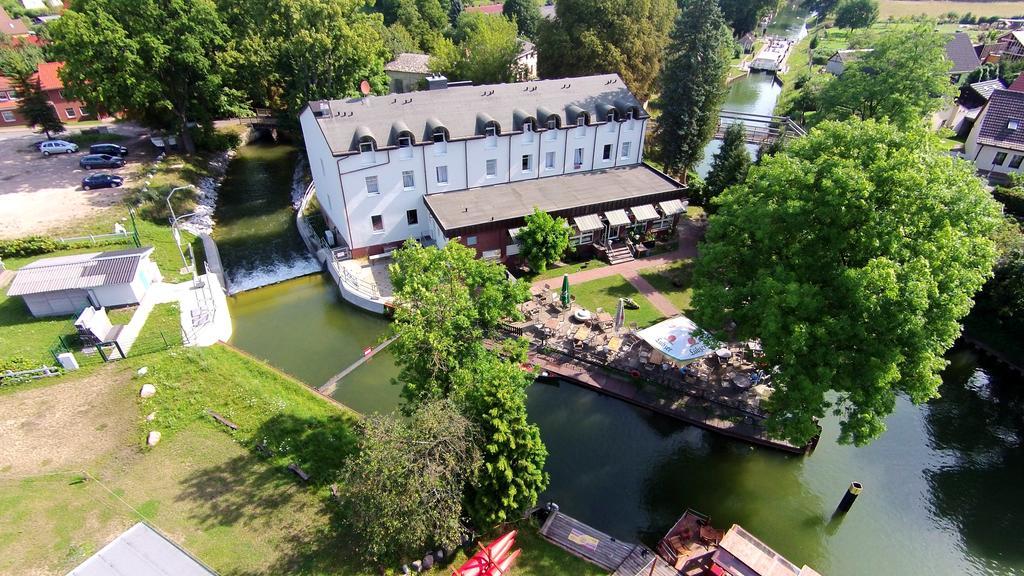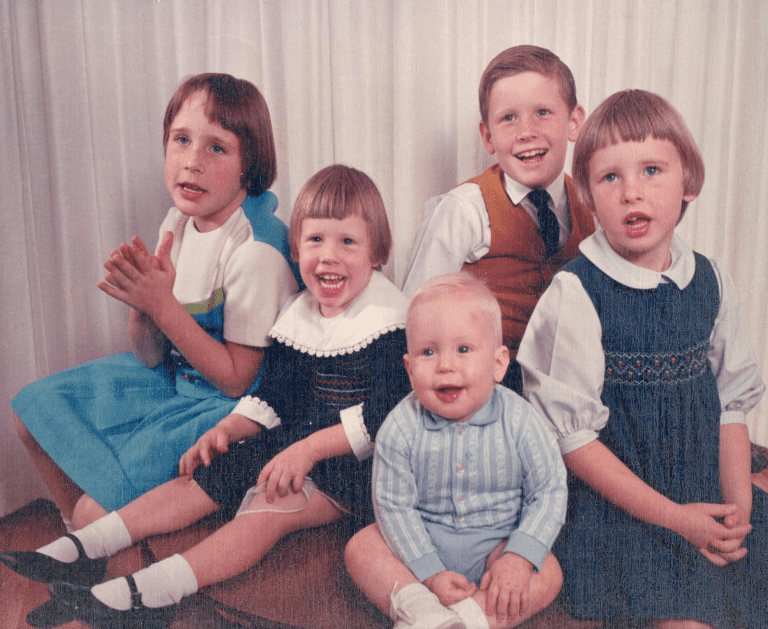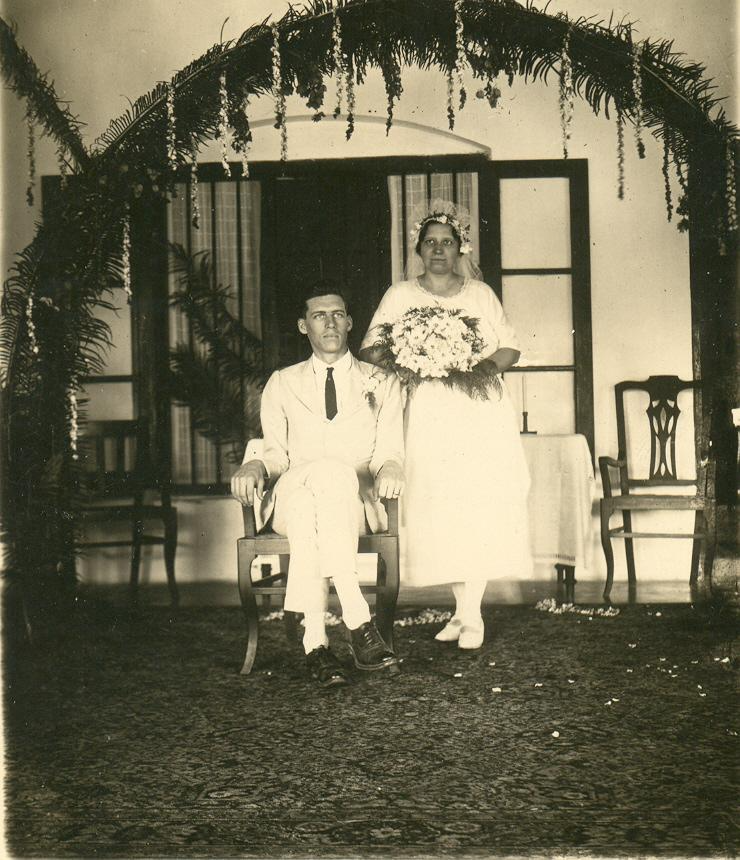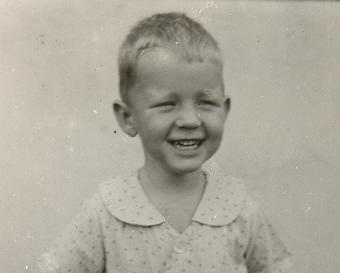Origin of the Strasen Name
by
Luther G. Strasen
In January of 2003, I found a “Cultural Country Club Strasen” on the Internet. It appears to be a resort. It has an address that includes Mecklenburg-Schwerin, the area of Germany where my great-grandfather Carl Strasen was born. I used the club’s e-mail address and inquired whether there were any of Carl’s descendants still living in the area and I also asked from what the name Strasen is derived. It has always puzzled me that, even in Germany, the name is spelt as we spell it. The German word for “street” is “strasze” and in the plural is “straszen,” and if Strasen were derived from “street” it would normally be anglicized Strassen. Because Strasen has only one “s” in the middle, I suggested that it might be of Danish extraction because that area in Germany is south of Denmark and the “sen” might be the Scandinavian “son of.”
I then contacted and received a reply from Wolfgang Zimmermann, the chairman at that time of the Cultural Country Club Strasen, which is named after the village in which he lives. He informed me that the club had just been founded and one of the member’s activities would include the exploration of the name Strasen. Surprisingly, he said the surname Strasen does not exist in that area. But, he added, the roots of our ancestors might go back to their village. Maybe, I wonder, did the Strasens all came over to America, as there are other branches, especially near Collinsville, Illinois?
Zimmermann gave what he considers a reliable answer to the spelling of the name Strasen. Any ancient Danish influence has most probably never existed in that area of Germany. Originally, Germanic tribes lived there. But when the great migration of nations started, about 200 B.C., the Germanic tribes gradually left the country and Slavic people from eastern parts of Europe moved in. About the year 1200 A.D., German tribes came back, were Christianized, and also inter-married with the Slavs. Many places and villages retained the names of the ancient Slavic settlements and their spelling has been converted through the centuries from the original Latin to the German way of writing. That happened to the name Strasen. The Strasen village is authenticated by a document written in 1317 stating: “The Castle Strazym has to be ruined.” Zimmermann indicates that the mentioned castle probably functioned as a border station. The meaning of the Slavic term “Strazim” is property/estate frontier guards. In Polish, the word is “Straz,” which in German can be translated as Wache or Wachhabender, translated “guard. Therefore, Zimmermann surmises, that one of my ancestors worked as a guard and the surname goes back to it, and that my ancestors may have moved directly from the Strasen village to Jurgenshagen bei Buetzow, where Carl Strasen was later born.






